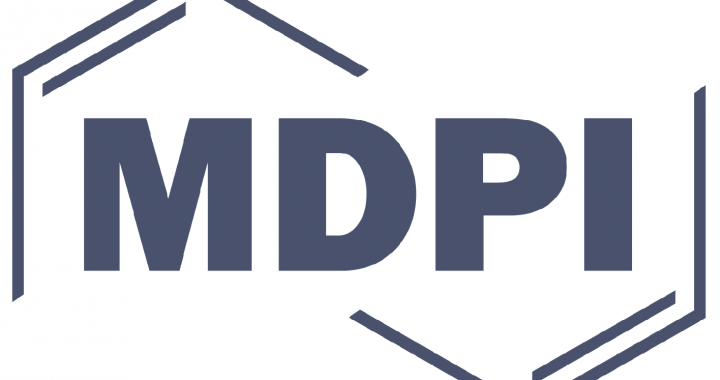
A group of researchers based at Harvard Medical School have retracted their 2019 paper in Nature after a data sleuth detected evidence of suspect images in the article.
The move comes ten months after the journal first heard from the sleuth, Elisabeth Bik.
The paper, “Fatty acids and cancer-amplified ZDHHC19 promote STAT3 activation through S-palmitoylation,” came from the lab of Xu Wu, of the Cutaneous Biology Research Center at Massachusetts General Hospital, and his colleagues. It appeared last August — and immediately caught the attention of Rune Linding, who flagged it for Bik, who in turn noticed several regions of concerning duplications in a few of the Western blots that appeared in the paper.
On August 29 of last year, Bik tweeted:
Continue reading Figure “anomalies” prompt Harvard group to retract Nature paper







